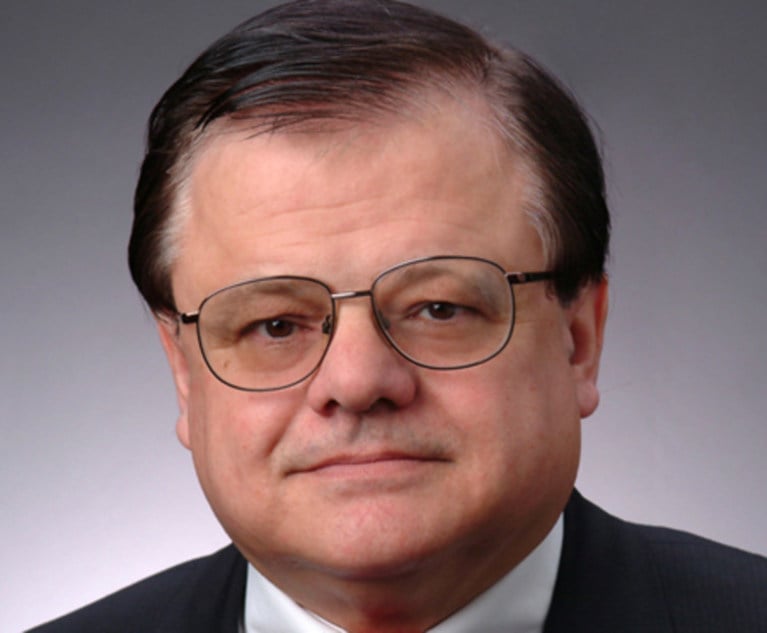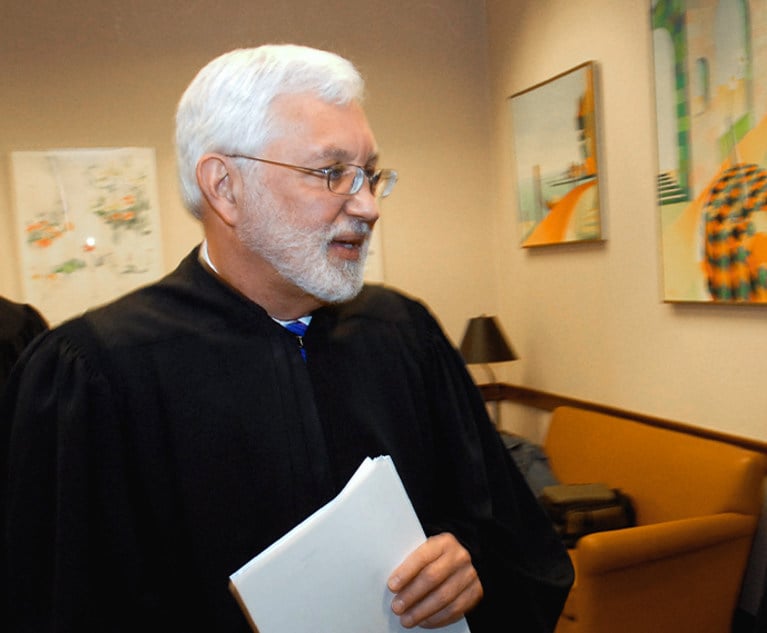Consider the following scenario: “X” in a fit of fury strikes a classmate in the head with a baseball bat after a bullying incident. The victim dies and “X,” beset with guilt and remorse, turns to another person for counsel and advice. If that person is an attorney, any confidential communication to the attorney would be protected against disclosure by the attorney-client privilege, CPLR 4503(a). Similar protection against disclosure exists for a confidential communication to a spouse, CPLR 4502(b); member of the clergy, CPLR 4505; physician, psychiatrist or psychologist, CPLR 4504, 4507; or a social worker, CPLR 4508. But would a confidential communication by “X” to X’s parent be privileged?
One might conclude that, of course, New York law confers a privilege upon a parent to refuse to disclose confidential communications made to a parent by the parent’s child. In this connection, it can reasonably be expected that a child would “talk out” the child’s problems in a familial atmosphere of trust and understanding without fear that his/her confidences will later be revealed to others; and it would be anomalous to not recognize such a privilege when a privilege is recognized in the aforementioned relationships. However, New York does not have a statutory parent-child privilege. But, it does have a common law parent-child privilege in certain circumstances, as recognized by the New York courts, albeit not by the Court of Appeals. By contrast, the federal courts under its power to recognize privileges under Federal Rules of Evidence 501 uniformly reject the existence of a parent-child privilege, and only a handful of states, either by statute or under the common law recognize in some form the existence of it. See, Gallay, “Check Your (Testimonial) Privilege,” Berkeley Journal of Criminal Law Blog, Aug. 31, 2022.


 Michael J. Hutter
Michael J. Hutter




